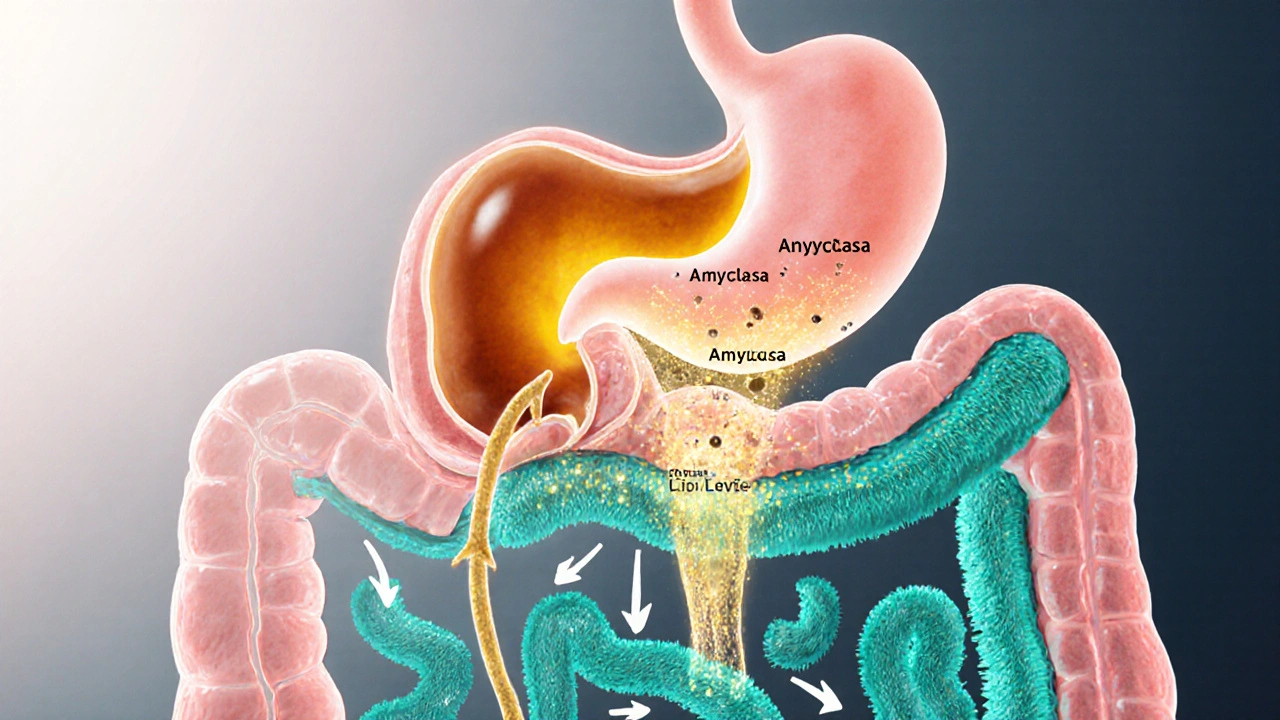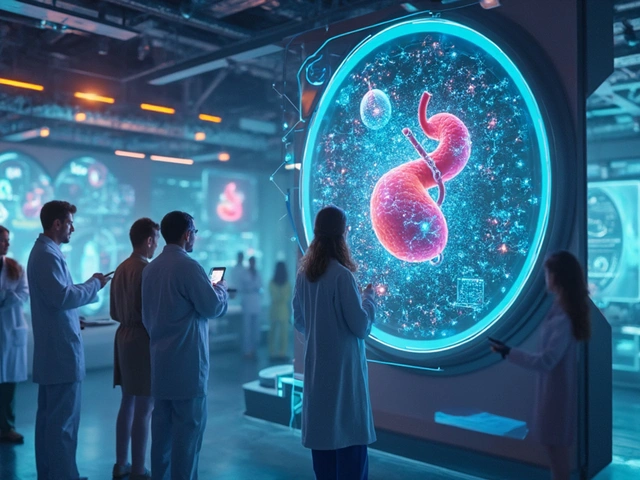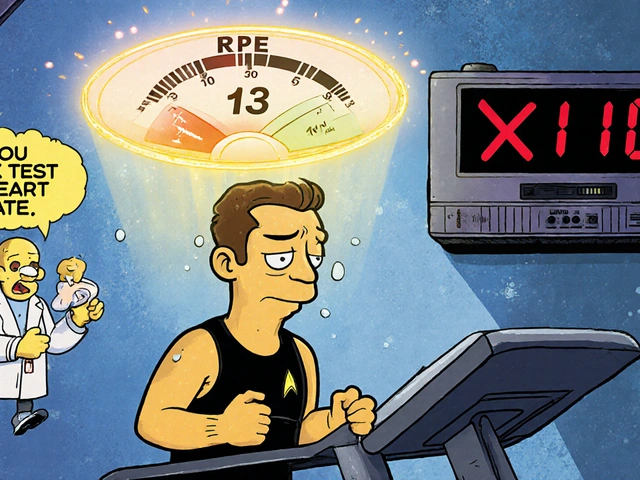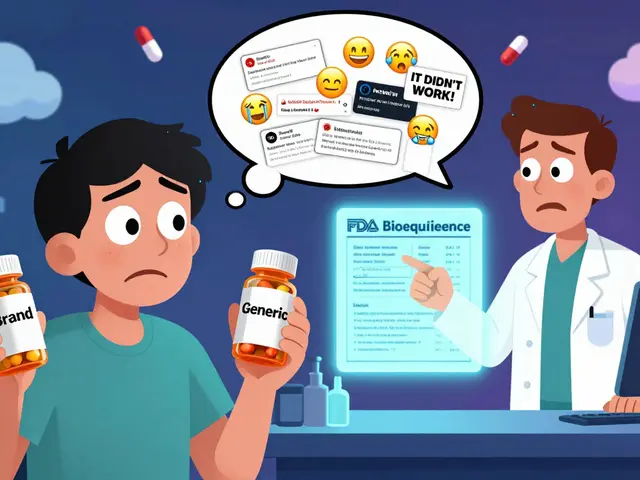Food Absorption: How Your Body Takes In Nutrients
When working with food absorption, the process by which the body breaks down meals and moves nutrients into the bloodstream. Also known as nutrient absorption, it is tightly linked to nutrient bioavailability, the proportion of a nutrient that becomes usable after digestion. Digestive enzymes, proteins that catalyze the breakdown of proteins, fats, and carbohydrates act as the frontline workers, turning complex foods into absorbable units. Meanwhile, the gut microbiome, the community of trillions of bacteria living in the intestines fine‑tunes the whole system by producing additional enzymes, modulating inflammation, and even signaling the brain about hunger. In short, food absorption encompasses nutrient bioavailability, relies on digestive enzymes, and is shaped by the gut microbiome. Understanding these connections lets you spot where the chain breaks and fix it.
Key Factors That Influence Food Absorption
First up, meal composition matters. Combining protein with a little healthy fat can boost the uptake of fat‑soluble vitamins like A, D, E, and K because the fat carrier keeps them soluble. Fiber, on the other hand, can be a double‑edged sword: soluble fiber slows glucose entry, which is good for blood sugar, but too much can bind minerals and lower their bioavailability. Next, timing plays a role. Waiting 30‑60 minutes after vigorous exercise before a protein‑rich snack can improve muscle protein synthesis because blood flow to the gut is higher during recovery. Also, certain nutrients compete for the same transporters; for example, high calcium doses can impede iron absorption, so spacing them out is wise. Lastly, lifestyle habits such as stress, sleep, and hydration directly affect enzyme production and gut barrier integrity, meaning a calm mind and adequate water can subtly raise the efficiency of the whole absorption process.
Putting these pieces together gives you a practical roadmap: choose balanced meals, mind the order and timing of supplements, keep stress low, and support your gut with probiotics or fermented foods. The articles below dig deeper into each angle—whether you want to compare nicotine replacement options, learn about steroid alternatives, or explore how pets can reduce tremors, you’ll find clear, evidence‑based advice. Scroll down to see the full collection and start applying these food absorption tactics to feel better faster.

Why Digestive Enzymes Matter for Proper Food Absorption
Learn why digestive enzymes are vital for nutrient absorption, how deficiencies cause symptoms, and practical ways-through diet, lifestyle, or supplements-to keep your gut working efficiently.




